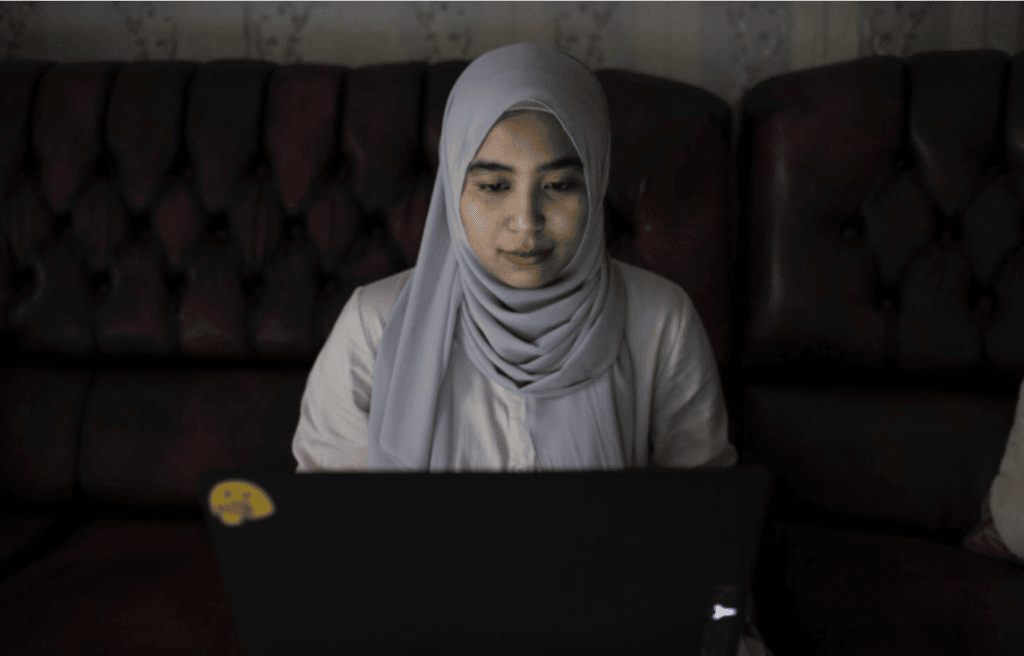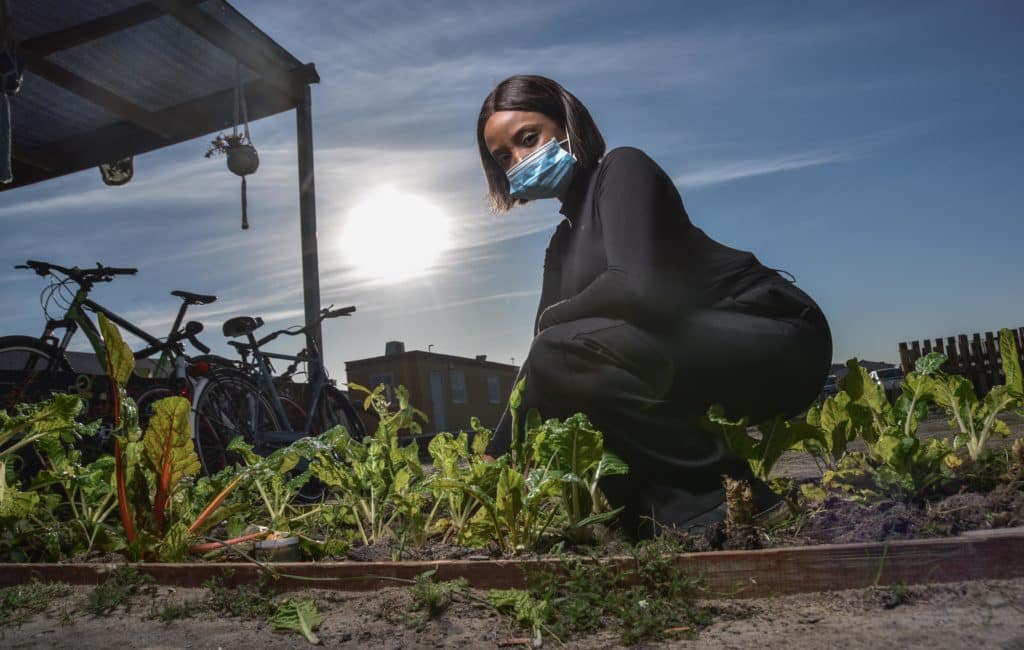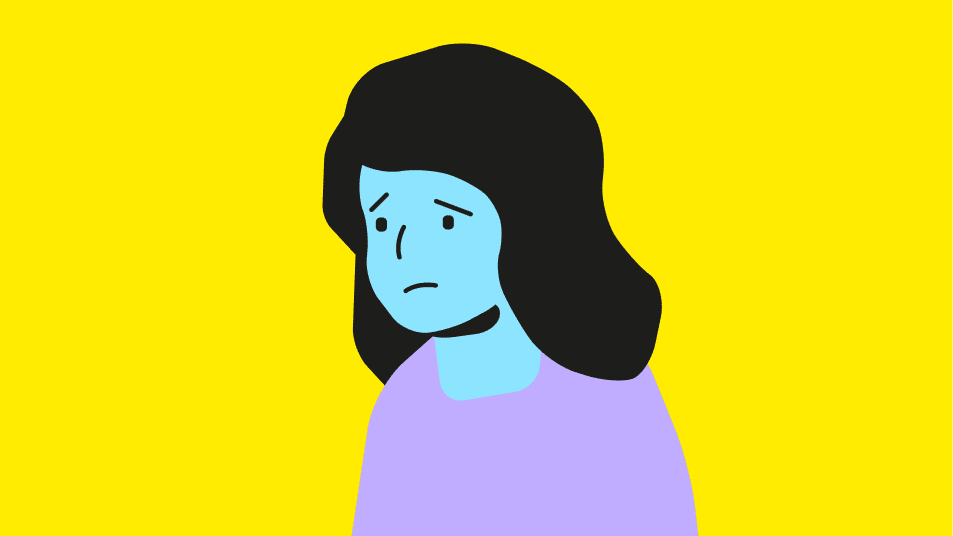UN agencies on countering COVID disinformation
UN agencies on countering COVID disinformation
UN says it will take a coordinated effort to stop the spread

Everyday we are subjected to varying levels of misinformation and disinformation related to COVID-19 on the internet and on social media. This is not only prolonging the pandemic but also prolonging the infodemic and contributing to the whole scale impact of the virus on the world.
As part of the UN General Assembly, United Nations agencies came together to co-host an event to address this growing problem, to work with Member States, social media platforms and experts around the world to consider the solutions.
Melissa Fleming, Under-Secretary General for Global Communications at the United Nations, who spearheads the Verified campaign, moderated the event and spoke of the vital importance of promoting transparency and building trust through communications in order to create a just and inclusive society. In her opening remarks, she reminded us of the words of the United Nations Secretary-General, Antonio Guterres who said that “We need to make lying wrong again.”
This year the Secretary-General urged all Governments to “reinvigorate action on human rights, including in our online lives”, to help take steps to achieve internet access for all as a basic human right by 2030.
“I propose global action to tackle disinformation and conspiracy theories, and promote facts and science in public discourse,” he said.
Through the discussion, we heard from social media platforms on the steps they are taking to try to counter misinformation and disinformation, but in an ever-shifting environment, they are struggling to keep up. Every second, over nearly 100,000 YouTube videos are viewed, 10,000 tweets are sent and 95,000 Google searches are made [1]. With the sheer volume of information being posted, it’s becoming harder and harder for ordinary people to separate fact from fiction.
But it’s not just platforms that need to step up to make changes. Andrew Puddephat, Chair of the Internet Watch Foundation, called on UN Member States to do more to regulate internet usage, while representatives from Latvia and Pakistan spoke of the steps they were taking in their countries to help to stop the spread of misinformation, disinformation and hate speech online.
[1] Source: https://www.internetlivestats.com/one-second

